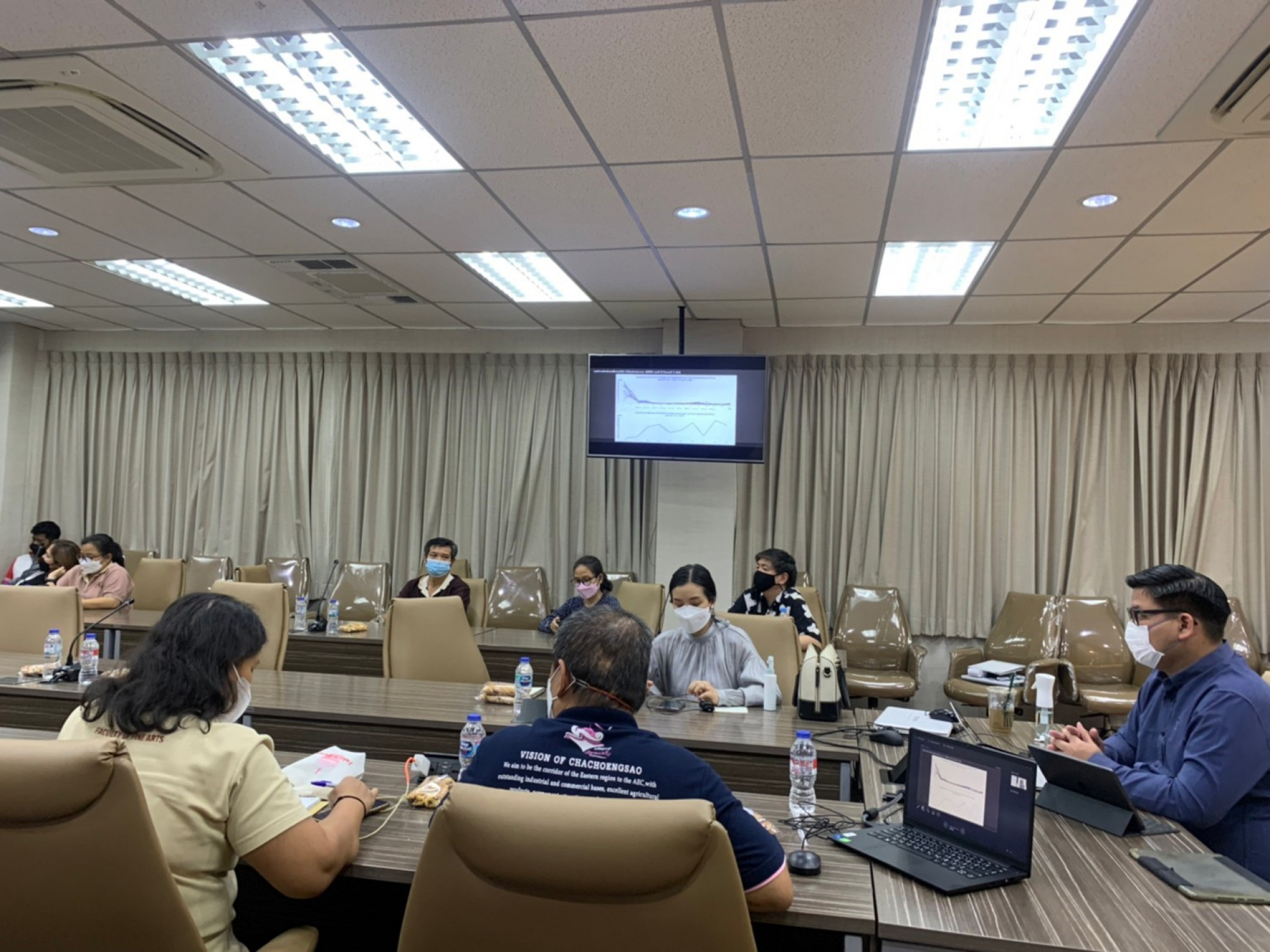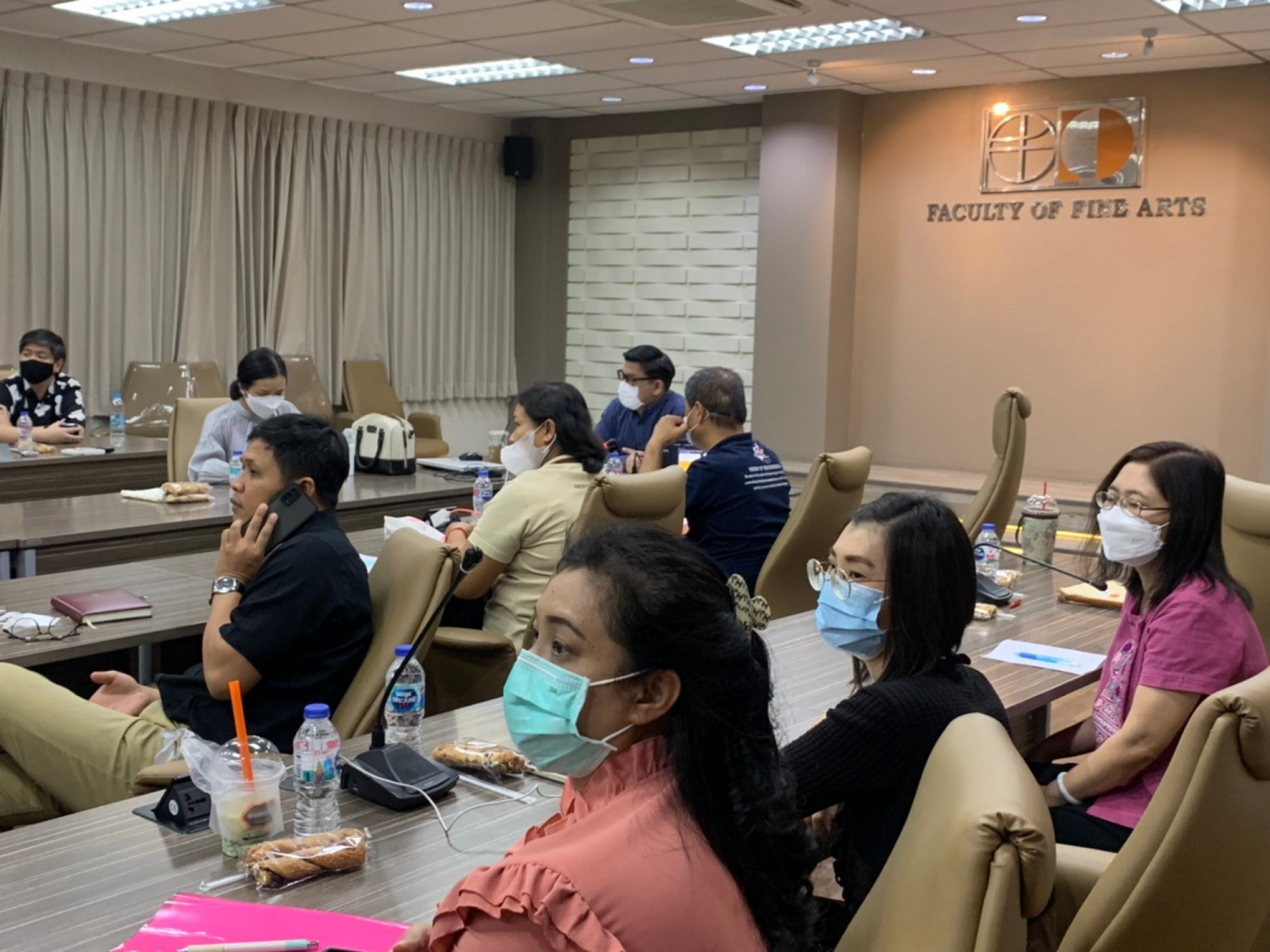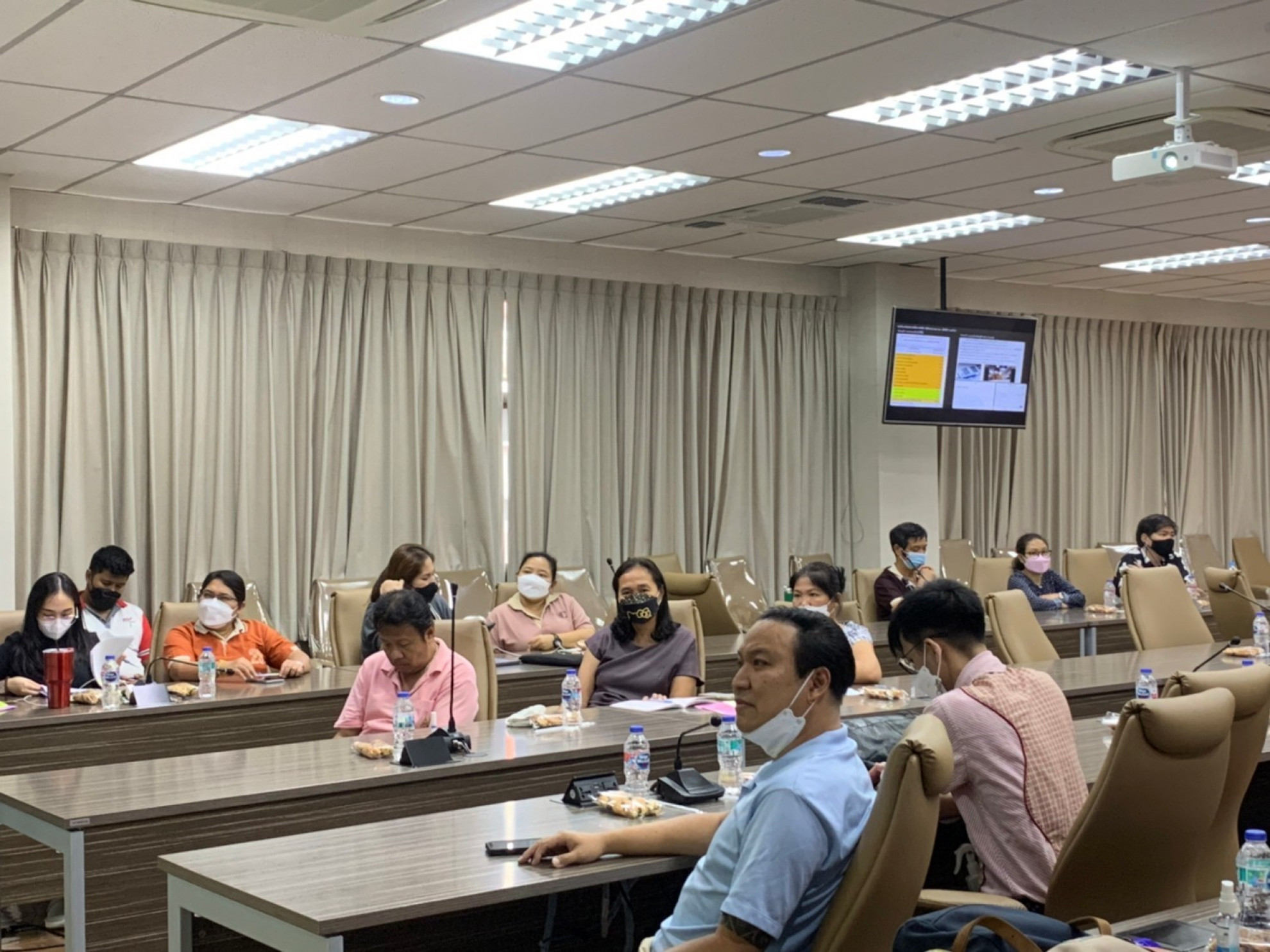





| Target | Indicator | Result |
|---|---|---|

SDG 7
AFFORDABLE AND CLEAN ENERGY
|
||
| 7.3 By 2030, double the global rate of improvement in energy efficiency | 7.3.1 Energy intensity measured in terms of primary energy and GDP | The "Sustainable Energy Conservation Project" contributes to reducing energy intensity, which is measured as the ratio of primary energy consumption to GDP, by promoting energy-efficient practices within the Faculty of Fine Arts. Through active participation in energy-saving measures such as electricity reduction, water conservation, paper usage, and the adoption of renewable energy sources, the project helps lower overall energy consumption per unit of economic output. By fostering a culture of energy conservation among faculty, staff, and students, the initiative encourages more efficient use of energy resources, which can lead to a decrease in energy intensity at the organizational level. This aligns with the university's strategic goals of promoting sustainability and good governance, and ultimately supports efforts to improve energy efficiency and reduce the environmental impact of the institution's operations. |
Sustainable Energy Conservation Project - Phase 1
Objectives of the Project:
To engage faculty members, staff, and students of the Faculty of Fine Arts in energy conservation efforts, fostering awareness and promoting positive attitudes toward energy-saving practices, including electricity, water usage, and renewable energy.
To develop strategies for activities that encourage behavior changes in energy consumption, helping participants understand the value of energy and utilize it efficiently for maximum benefit.
To align with the strategic objectives of the university and the Faculty of Fine Arts in becoming a high-performance organization with good governance.
In the context of the global challenges posed by the increasing demand for natural resources due to population growth, the depletion of essential resources such as forests, oil, and freshwater presents a significant concern. These resources are not renewable at a sustainable rate, making their conservation essential. Thailand has implemented national energy-saving campaigns, and the Faculty of Fine Arts at Srinakharinwirot University recognizes the importance of contributing to these efforts. Thus, the "Sustainable Energy Conservation Project" was developed to raise awareness among all members of the organization—faculty, staff, and students—about the significance of energy conservation. The initiative focuses on electricity, water usage, and the promotion of renewable energy sources.
A total of 30 participants were involved in the project, representing 88.24% of the target group (achieving the goal). All activities were completed within the specified time frame, achieving 100% of the planned objectives. The Faculty of Fine Arts established an energy-saving policy for the year 2023, along with guidelines for future project activities. Faculty members and staff actively participated in discussions regarding energy-saving measures and strategies, demonstrating a positive attitude toward energy conservation practices. These included electricity use, water conservation, paper usage, and the adoption of renewable energy sources. The project successfully set the framework for promoting energy-efficient behavior, encouraging participants to value energy resources and use them in the most efficient and beneficial way. Additionally, the activities aligned with both the university’s and the Faculty of Fine Arts’ strategic goals of becoming high-performance organizations with a commitment to good governance.


